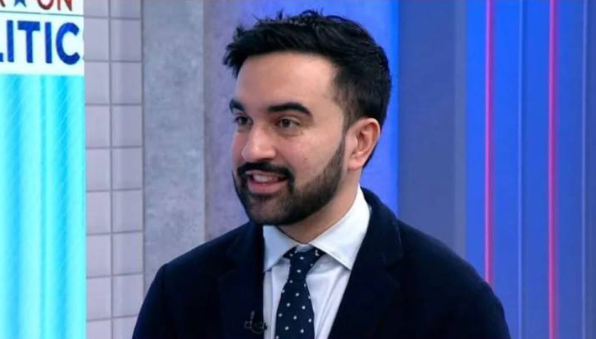The debate surrounding Zohran Mamdani’s speech and his personal and political background highlights just how delicate public trust can be at the precise moment a leader assumes power. For many voters who supported him with hopes for change, the excitement of victory is inevitably tempered by questions about what that change will concretely look like in practice. His speech, delivered in the immediate aftermath of an election, carries weight far beyond ceremonial rhetoric: it signals priorities, allegiances, and intentions. Observers are scrutinizing every phrase, every emphasis, and every omission. Who he chooses to thank and acknowledge, the groups he identifies as partners, and the forces he implicitly positions as opponents all become clues to the style and substance of governance that may follow. Will he approach his office as a unifying force, building bridges across ideological divides, or will he act more as a movement’s standard-bearer, signaling loyalty to a particular faction or set of ideals?
Yet these speeches and past affiliations are only the opening chapter of what will inevitably be a complex story of governance. Over the coming months, his decisions in appointments—who fills key roles in city agencies, advisory boards, and municipal leadership—will illuminate which values he prioritizes, and how he interprets his mandate. Budget allocations will provide further insight into whether he intends to tackle systemic inequities, invest in public services, or make symbolic gestures that placate some constituencies while leaving others underserved. Policing policies, a perennial flashpoint in New York City politics, will reveal whether he seeks reform through measured negotiation and evidence-based strategies or through ideologically driven, high-profile initiatives. And even his response to highly visible symbolic issues, from foreign policy protests to cultural controversies, will be scrutinized as a test of both judgment and political philosophy.
Crucially, voters will not assess him based solely on campaign rhetoric, party labels, or past affiliations. Instead, they will look to lived outcomes: whether their neighborhoods feel safer, whether housing is accessible and affordable, whether basic municipal services operate competently, and whether democratic norms—transparency, accountability, respect for civil discourse—are upheld. Early missteps may amplify anxiety, while tangible progress, even in modest forms, may temper skepticism and generate cautious respect. The public’s evaluation of his performance will be less about ideological purity and more about pragmatic competence: the capacity to navigate the competing demands of governance while delivering results that affect everyday life in measurable ways.
Furthermore, the optics of decision-making will matter as much as the substance. Even decisions that are technically sound can be received poorly if they appear partisan, inattentive, or disconnected from public sentiment. Conversely, small acts of transparency, responsiveness, and engagement can build credibility and reinforce the perception that his administration values constituents’ trust as much as policy achievement. In this sense, leadership in the early months is as much about perception management as it is about policy: the ability to communicate intentions clearly, to act decisively yet inclusively, and to show that the city’s diverse communities are not merely political calculations but stakeholders in the administration’s vision.
In the end, Zohran Mamdani’s trajectory will be shaped by a combination of rhetoric, action, and the public’s capacity for both scrutiny and patience. The initial months of governance are often the most telling: they set the tone for political culture, define expectations, and either validate or challenge the assumptions voters made during the campaign. If his leadership steadies nerves, demonstrates competence, and reflects a nuanced understanding of both the city’s immediate needs and long-term challenges, early doubts may gradually give way to trust. Conversely, if rhetoric and ideology consistently outpace tangible results, skepticism could harden into criticism, leaving his promise of change vulnerable to scrutiny. In this sense, the stakes are high not only for his administration but for the broader political ecosystem, illustrating the fragile equilibrium between hope, expectation, and the practical realities of governing one of the world’s most complex cities.
